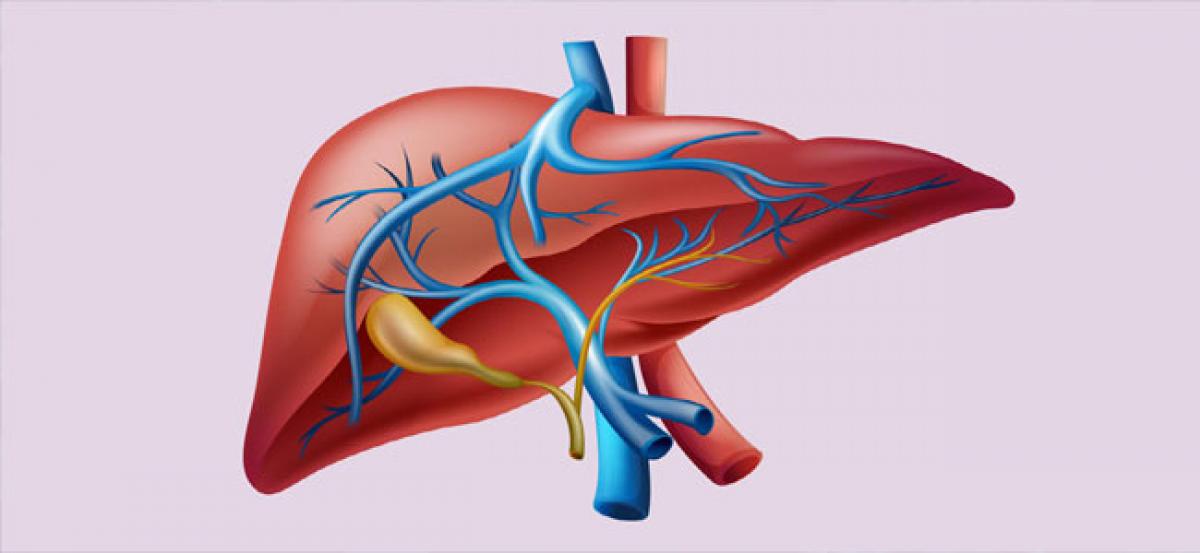Live
- Jogulamba Gadwal Police Solve Kidnapping Case in Record 8 Hours, Victim Reunited with Family
- Digital Arrests Do Not Exist… Be Cautious of Cyber Criminals - Cyber DSP Giri Kumar Kalkota
- Everyone must follow road safety rules
- Pilligundla Colony Residents Seek Justice Over Anjaneya Swamy Temple Land Dispute
- BJP Leader S Ramachandra Reddy Slams Alliance 1 Company for Exploiting Tobacco Farmers
- Timely Intervention by MLA & MLC Ensures Water Release from Tungabhadra Dam for Alampur Farmers
- NASA Astronaut Captures Stunning Aurora from Space, Sparks Debate on Authenticity
- India Squad for Champions Trophy 2025 and England ODIs: Live Updates on Mohammed Shami's Return
- District Collector Directs Swift Completion of Pending Development Works in Aija Municipality
- Triptii Dimri's Aashiqui 3 Exit Due to Bold Image in Animal, Kangana Ranaut Reacts to Censor Board Cuts in Emergency









